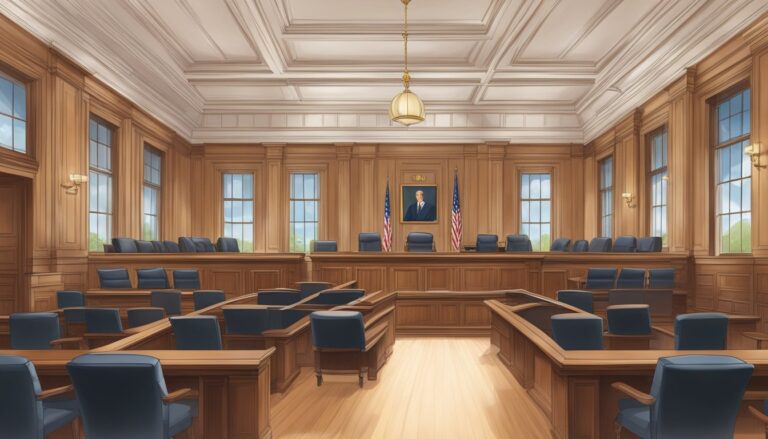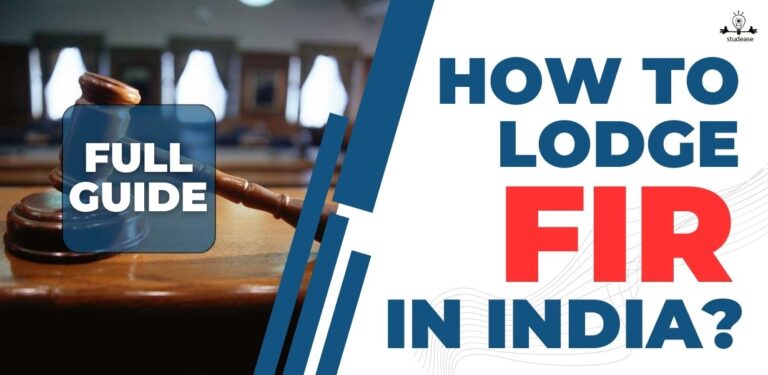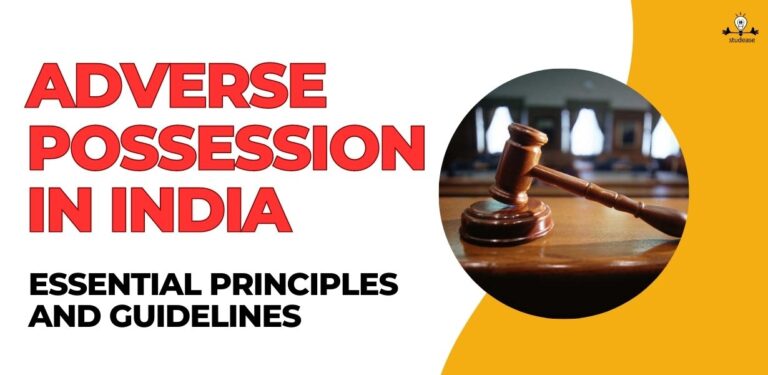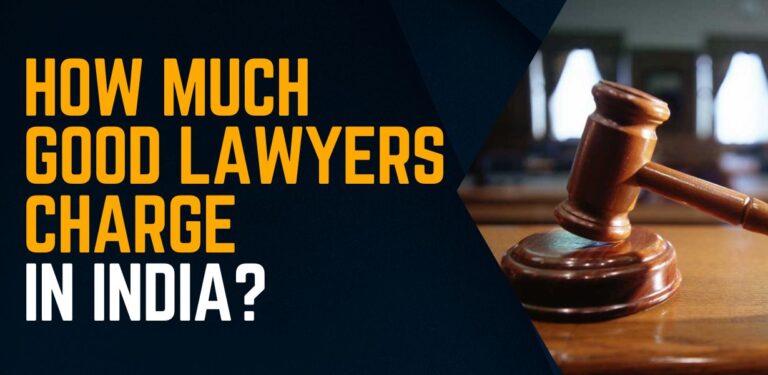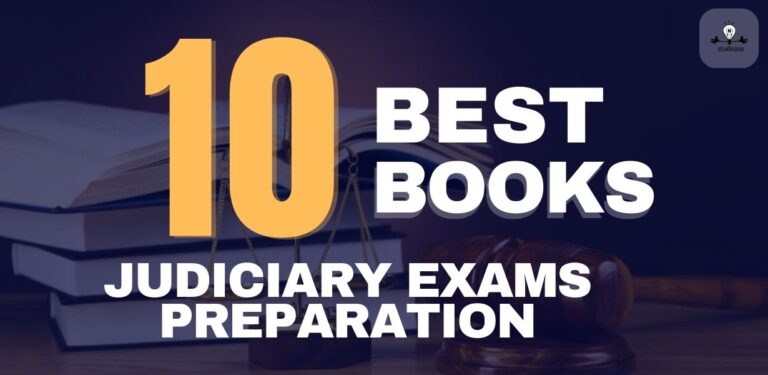Understanding the Law Relating to Injunctions: A Comprehensive Overview
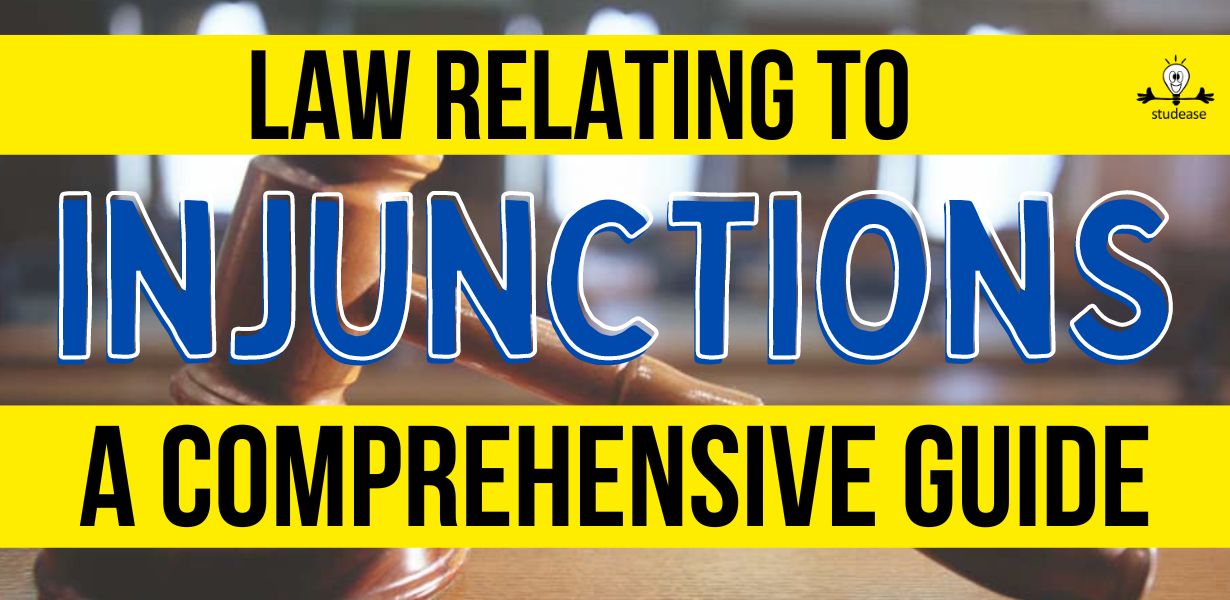
If you are involved in a legal dispute, you may have heard the term “injunction” thrown around. Injunctions are court orders that require a person or entity to do or refrain from doing a specific action.
Preliminary injunctions are temporary in nature and are often used to maintain the status quo while a case is pending. They are typically granted when the plaintiff can show that he will suffer irreparable harm if the defendant is not immediately restrained from taking a particular action.
Permanent injunctions, on the other hand, are issued after a full hearing on the merits of the case and are designed to provide final relief. They are typically granted when the plaintiff can show that he has suffered a consummated wrong and that an injunction is necessary to prevent future harm.
Page Contents
- 1 What is an Injunction?
- 2 Type of Injunctions
- 3 What’s the Law?
- 4 Factors considered by the court
- 5 When Injunction may be Granted? (Law relating to Injunctions in India)
- 6 When Injunction may be Refused?
- 7 Types of Relief Granted by an Injunction
- 8 Enforcement and Violation of an Injunction
- 9 Case Laws | Judgements
What is an Injunction?
An injunction is a preventive remedy granted to a party aggrieved by the acts of another party, and thereby refrain the wrongdoers to pursue the acts performed by them, to evade any further injury and thus considers equity. The law relating to injunction in India is governed by the Code of Civil Procedure ,Specific Relief Act 1963, and falls under two categories ie., Permanent or perpetual injunction and temporary injunction .
An injunction is a legal remedy that is used to prevent harm or damage. It is a courts order that requires a person or entity to either do something or refrain from doing something. An injunction can be issued in both civil and criminal cases.
Type of Injunctions
There are several types of injunctions, including:
| Type of Injunctions | Description |
|---|---|
| Temporary Injunction | A court order issued to prevent immediate harm or damage, typically without a hearing and valid for a short period of time. |
| Permanent Injunction | A court order issued after a trial to prevent harm or damage, typically issued after a hearing and valid indefinitely. |
| Mandatory Injunction | A court order that requires a person or entity to do something, typically issued to prevent harm or damage. |
An injunction is a courts order that requires a person or entity to either do something or refrain from doing something.
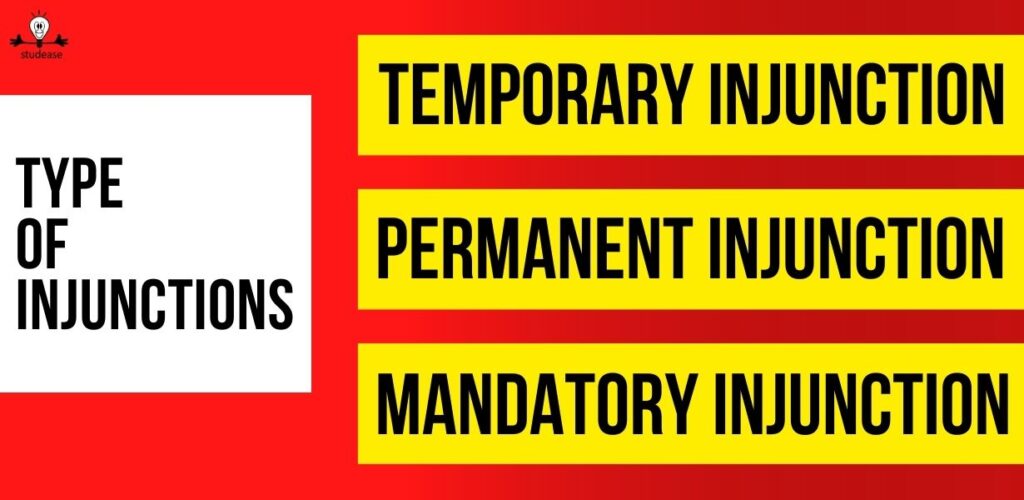
Temporary Injunction
Temporary injunctions, as the name implies, are injunctions granted for a specific duration or until the court issues further orders concerning the matter at hand. They can be obtained during any stage of the trial and are governed by the Code of Civil Procedure (CPC), 1908 and SRA, 1963.
Section 94 CPC reads as follows:
In order to prevent the ends of justice from being defeated the Court may, if it is so prescribed,-
(c) grant a temporary injunction and in case of disobedience commit the person guilty thereof to the civil prison and order that his property be attached and sold.
Order XXXIX Code of Civil Procedure deals with the cases in which Temporary Injunction may be granted.
Permanent Injunction
A permanent injunction is a type of court order that is issued by a judge as a final judgment in a case. It is used to prohibit a person or entity from engaging in certain activities permanently. This type of injunction is typically issued when the court determines that monetary damages are insufficient to remedy the harm suffered by the plaintiff.
A permanent injunction is different from a preliminary or temporary injunction, which is issued during the pendency of a lawsuit. A preliminary injunction is intended to maintain the status quo until the court can make a final determination on the merits of the case. In contrast, a permanent injunction is issued after a full trial on the merits and is intended to be a final resolution of the case.
To obtain a permanent injunction, the plaintiff must prove that they have a valid legal claim, that they have suffered irreparable harm, that the balance of hardships favors granting the injunction, and that it is in the public interest to do so. If the plaintiff is successful in meeting these criteria, the court may issue a permanent injunction that prohibits the defendant from engaging in certain activities permanently.
What’s the Law?
If a person seeks legal action against someone who has caused him harm, he may be able to file for an injunction. An injunction is a courts order that requires a person to do or stop doing a specific action.
To obtain an injunction, a person must demonstrate that he has suffered or is likely to suffer irreparable harm if the other person continues the activity. He must also show that there is no other adequate remedy available to the aggrieved person.
It is important to note that injunctions are equitable remedies and are not always available in every situation. Injunctions are typically only granted when there is no other adequate remedy available, and the harm caused by the person’s actions is irreparable.
Factors considered by the court
When deciding whether to issue an injunction, the court considers several factors to determine if the plaintiff has a valid claim. In this section, I will discuss the different factors that the court considers.
Possession
If you are seeking an injunction for possession of a property, the court will consider whether you have a valid claim to the property.
The court will look at the title documents, the chain of possession, and any other relevant details to determine if you have a valid claim to the property.
Electricity Connection
If you are seeking an injunction, the court will consider whether you have a valid electricity connection to the electricity grid.
The court will look at the electricity bills, the connection documents, and any other relevant documents to determine if you have a valid connection. This pointer is helpful to add more weight to prove the possession of a person.
Property Demarcations
If a person seeks an injunction for property , the court will consider whether the demarcations are valid. The court will look at the survey documents, the title documents, and any other pertinent documents to determine if a person is entitled for the same.
Municipal Corporation Records
The court will consider whether the records are accurate. The court will look at the municipal corporation records, the receipts and important documents from the concerned authorities, and any other relevant documents to determine if the records are accurate.
Water Supply Connection
The court will consider whether you have a valid connection to the water supply. The court will look at the water bills, the connection documents, and any other record to determine whether your claim is sustainable or not.
Revenue Records
The court will consider whether the records are accurate. The court will look at the Tehsil records, the title documents, and any other information linked to the said Injunction / stay application and to determine if the records are accurate.
When seeking an injunction, it is important to have all the relevant documents to prove your claim. The Court will consider all the factors before issuing an injunction.
When Injunction may be Granted? (Law relating to Injunctions in India)
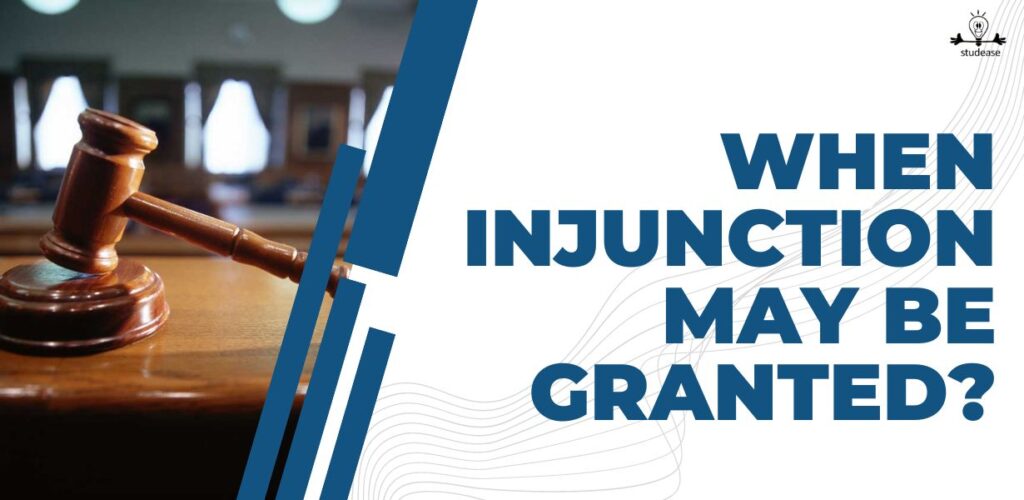
Injunctions can be a potent legal tool to prevent potential harm to an individual or entity. However, they are not granted automatically and must meet specific criteria to be approved by a court. In this section, I will briefly explain the circumstances under which an injunction may be granted:
Factor #1
To be granted an injunction, a person must have a valid legal claim against the person or entity he is seeking to enjoin. This means that he must be able to prove that the person or entity has violated his legal rights in some way. For example, if someone is using the copyrighted material without permission, he may be able to obtain an injunction to stop the other person from continuing to use it.
Factor #2
The claimant must be able to show that he will suffer irreparable harm if the injunction is not granted. This means that the harm he will suffer cannot be adequately compensated by monetary damages. For example, if someone is about to disclose trade secrets, an injunction may be granted to prevent them from doing so, as the harm caused by the disclosure cannot be undone.
Factor #3
The claimant must be able to show that the balance of hardships favors granting the injunction. This means that the harm caused to him by not granting the injunction must outweigh any harm caused to the person or entity he is seeking to enjoin.
For example, if an injunction would cause a company to lose significant profits, but not granting the injunction would cause the claimant to lose his business, the balance of hardships may favor granting the injunction.
Finally, a person must be able to show that granting the injunction is in the public interest. This means that the injunction must serve a broader public interest beyond just protecting individual rights. For example, if an injunction would prevent environmental harm or protect public safety, it may be granted even if it causes some inconvenience to the person or entity being enjoined.
In order to obtain an injunction, it is essential to have a valid legal claim, prove irreparable harm, establish that the balance of hardships supports the injunction, and demonstrate that it is in the public interest. Satisfying these criteria may enable the injunction seeker to secure an injunction that safeguards his legal rights.
When Injunction may be Refused?
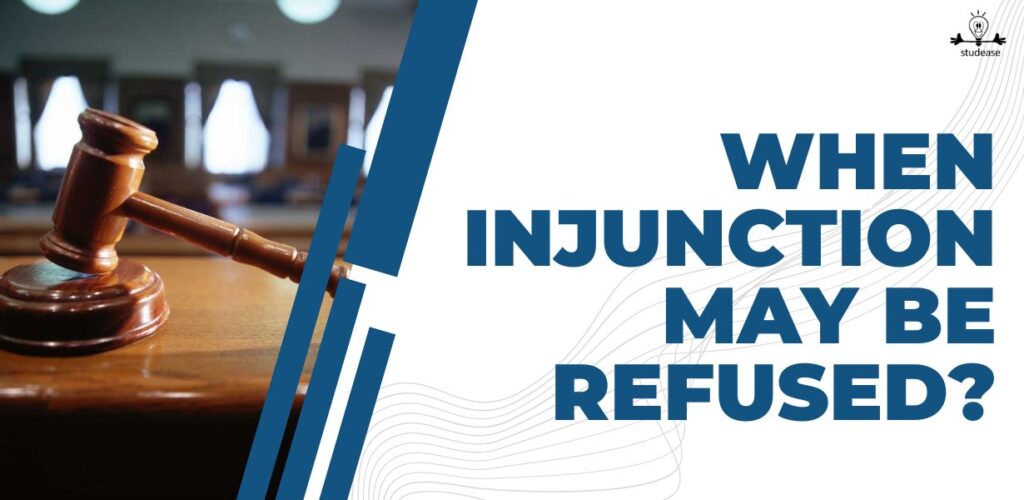
There are certain circumstances when a court may refuse to grant an injunction. Here are some common reasons:
- Inadequate remedy at law: If there is an adequate legal remedy available, the court may refuse to grant an injunction. For example, if the plaintiff can recover damages for the harm caused by the defendant’s actions, an injunction may not be necessary.
- Unclean hands: If the plaintiff has engaged in misconduct related to the subject matter of the lawsuit, the court may refuse to grant an injunction.
- Delay: If the plaintiff has unreasonably delayed in seeking an injunction, the court may refuse to grant one. This is known as laches.
- Balance of harms: If the harm to the defendant from granting an injunction outweighs the harm to the plaintiff from not granting one, the court may refuse to grant an injunction.
- Public interest: If granting an injunction would harm the public interest, the court may refuse to grant one. For example, if an injunction would harm the economy or public safety, the court may refuse to grant it.
It’s important to note that these are not the only reasons a court may refuse to grant an injunction. Each case is unique and will be evaluated based on its own facts and circumstances.
Types of Relief Granted by an Injunction
When a court grants an injunction, it can provide different types of relief. The main types of relief granted by an injunction are damages, injunctive relief, and specific performance.
Relief #1 Damages
Damages refer to monetary compensation awarded to the plaintiff to compensate for any losses they suffered due to the defendant’s actions. The court may award different types of damages, such as money damages, profits, or reasonable compensation.
Relief #2 Injunctive Relief
Injunctive relief is a type of equitable remedy that orders the defendant to stop doing something or to take specific actions.
Preliminary injunctions are granted after a hearing and require the plaintiff to demonstrate that they are likely to succeed on the merits of their case, that they will suffer irreparable harm if the injunction is not granted, and that the balance of equities favors them.
Permanent injunctions are issued after a trial on the merits and are designed to prevent the defendant from engaging in certain conduct permanently.
Relief #3 Specific Performance
Specific performance is a type of equitable remedy that requires the defendant to perform a specific action, such as completing a contract. This type of relief is only available when monetary damages are not an adequate remedy, and the subject matter of the contract is unique or rare.
When a court approves an injunction, it can offer various forms of relief, such as damages, injunctive relief, and specific performance. The kind of relief granted is contingent on the particular conditions of the case and the type of harm experienced by the plaintiff.
Enforcement and Violation of an Injunction
If a court issues an injunction, it is mandatory to obey it. Failure to obey an injunction can lead to serious consequences, including monetary compensation, civil prison, and contempt of court. In this part, I will discuss these consequences in detail.
Monetary Compensation
If someone violates an injunction, the court may order to pay monetary compensation to the plaintiff. This compensation may include the profits someone made by violating the injunction, as well as any other damages suffered by the plaintiff. The court may also order to pay the plaintiff’s legal fees and other costs associated with enforcing the injunction.
Civil Prison
If a person continues to violate an injunction despite being ordered to stop, he may be held in civil prison. Civil prison is not a criminal punishment, but rather a means of enforcing the court’s order. The court may order to remain in civil prison until the party complies with the injunction.
Contempt of Court
Violating an injunction is considered contempt of court. Contempt of court is a serious offense that can result in fines, imprisonment, or both. The court may also order the defendant to pay the legal fees and other costs incurred by the plaintiff in enforcing the injunction.
Case Laws | Judgements
When considering injunctions, it is important to look at previous case laws and judgements. These can provide guidance and insight into how courts have interpreted and applied injunctions in the past. Here are a few examples:
American Cyanamid Co. v. Ethicon Ltd. (1975): This is a landmark case that established the legal test for granting temporary injunctions. The court held that the plaintiff must demonstrate that they have a strong prima facie case, that they will suffer irreparable harm if the injunction is not granted, and that the balance of convenience favors granting the injunction.
Gujarat Bottling Co. Ltd. v. Coca Cola Co. (1995): This case dealt with the issue of whether a temporary injunction can be granted in a case where the plaintiff has delayed in seeking the injunction. The court held that delay in seeking an injunction is a relevant factor to be considered, but it is not fatal to the grant of an injunction if the plaintiff can demonstrate that they will suffer irreparable harm if the injunction is not granted.
J.G. Glass Industries Ltd. v. Bharat Heavy Electricals Ltd. (1997): In this case, the court held that a temporary injunction can be granted in a case where the plaintiff has a prima facie case, but the defendant raises a serious question of law or fact. The court stated that in such cases, the court must balance the competing interests of the parties and determine whether the grant of an injunction is necessary to prevent irreparable harm to the plaintiff.
These cases illustrate the importance of considering the specific circumstances of a case when deciding whether to grant an injunction. The court will consider factors such as the likelihood of success on the merits, irreparable harm, and the public interest. It is also important to note that the standards for granting preliminary and permanent injunctions may differ.
To sum up, Obtaining an injunction can be a powerful tool for protecting rights and interests.
It is important to remember that seeking an injunction is a serious matter and should not be taken lightly. Before seeking an injunction, it is important to carefully consider whether it is truly necessary and whether it is likely to be granted.
Remember that obtaining an injunction is not always the end of the story. If you are granted an injunction, it is important to comply with its terms and to monitor the situation closely to ensure that the other party is also complying. If the other party violates the injunction, the first party may need to take further legal action to enforce it.
Injunction can be a complex and challenging process, but with the right legal guidance and preparation, it can be an effective way to protect your rights and interests.
Frequently Asked Questions
Q1. What is the remedy available to a person in possession without title if the rightful owner threatens their peaceful possession?
A person in possession without title can approach the courts of law and pray for the equitable relief of injunction to protect their possession if the rightful owner threatens their peaceful possession. This is because even a rightful owner cannot evict them by force and can only do so through due process of law.
Q2. When can an injunction be granted against a lessee?
An injunction can be granted against a lessee to prevent the breach of an obligation existing in favor of the plaintiff-landlord under the tenancy. This can happen when the defendant-tenant invades or threatens to invade the plaintiff’s right by using the demised premises in a way not consistent with covenants of the lease or when they alter the structure of the building by making excavations or unauthorized constructions on the leased premises.
Q3. Are tenants protected by courts of law against a lessor who tries to take forcible possession?
Yes, tenants are protected by courts of law against a lessor who tries to take forcible possession. Persons are not permitted to take forcible possession, and they must obtain such possession as they are entitled to through a court. Even a tenant by sufferance is entitled to an injunction.
Q4. In what situation can a co-owner restrain the other co-owner from carrying out material changes in the user of joint property?
A co-owner can restrain the other co-owner from carrying out material changes in the user of joint property without their consent. This can be done by obtaining an injunction to prevent the other co-owner from carrying on with such operations.

